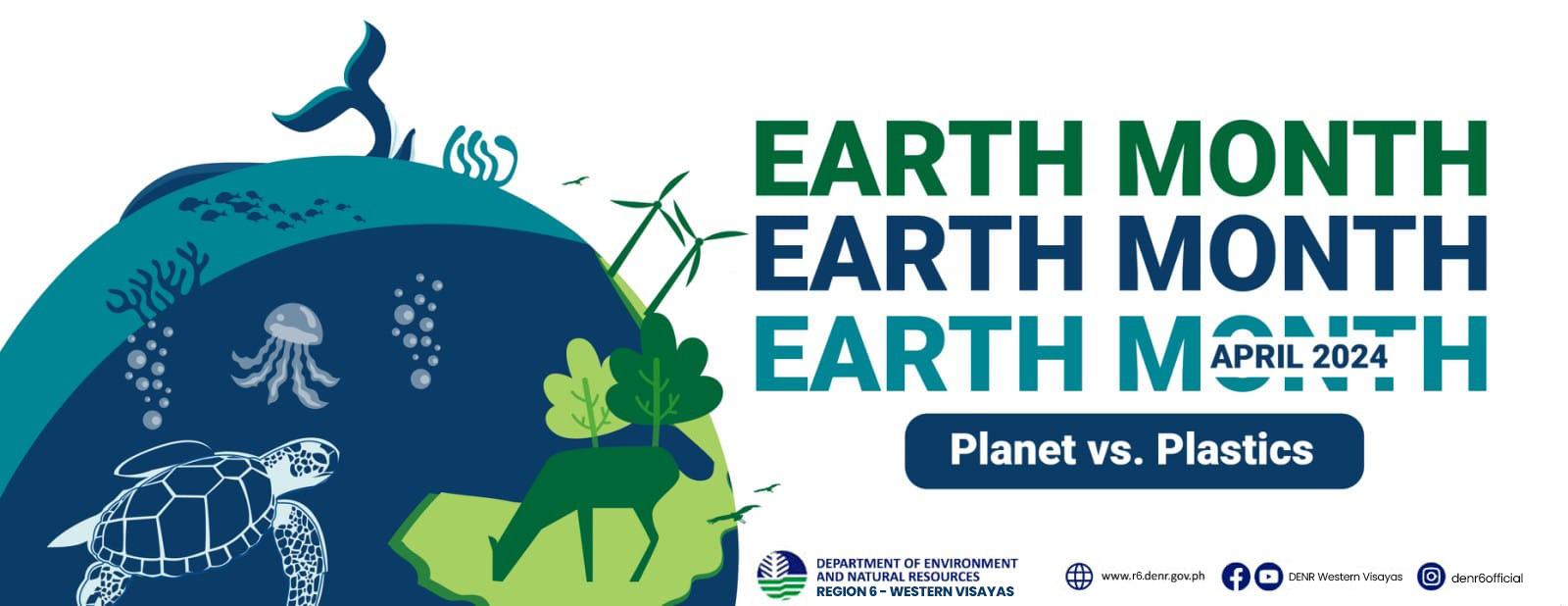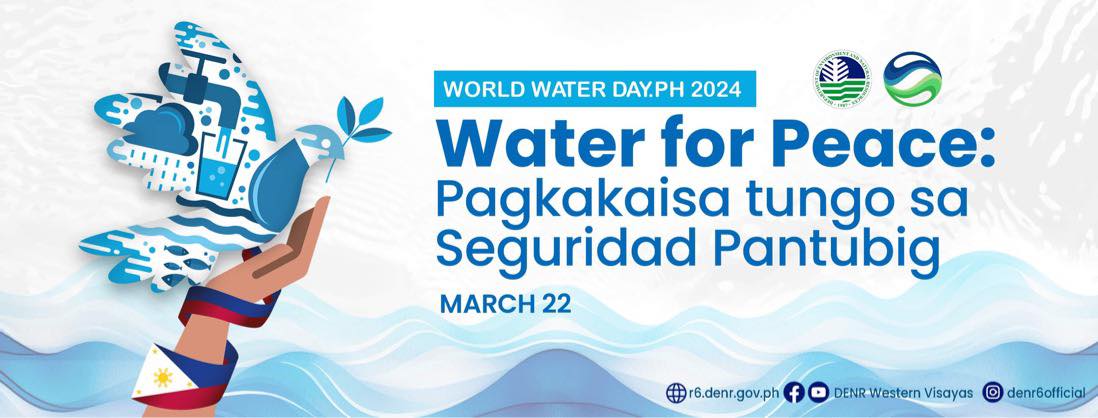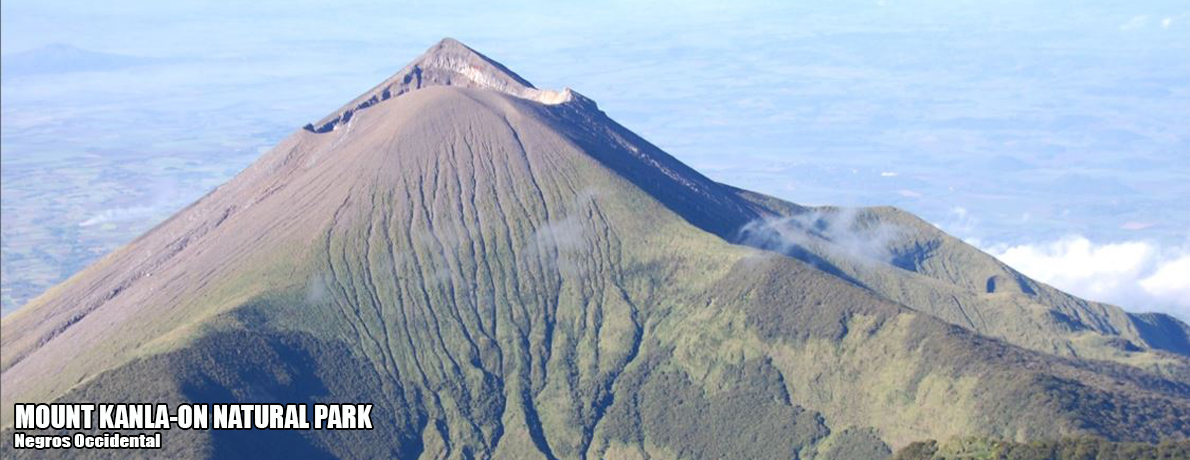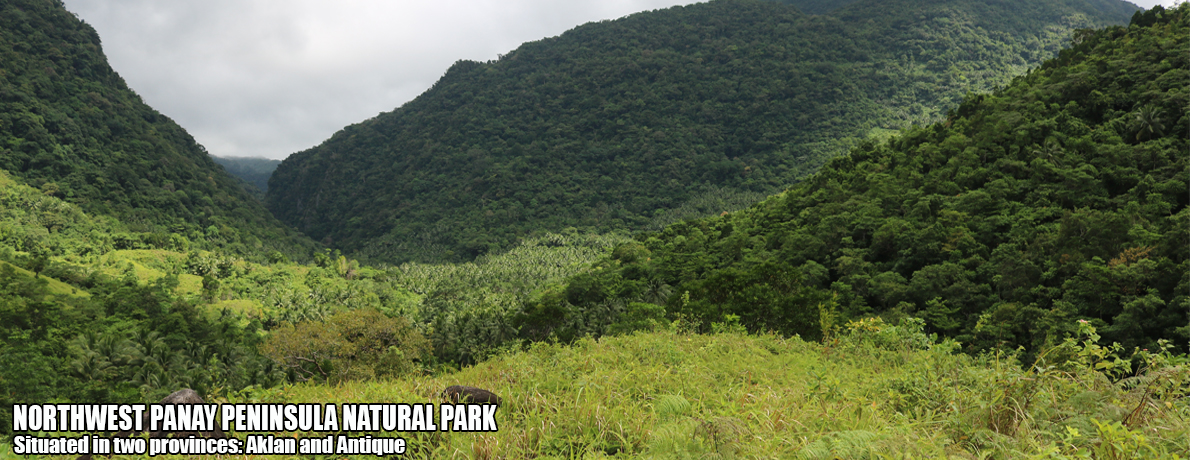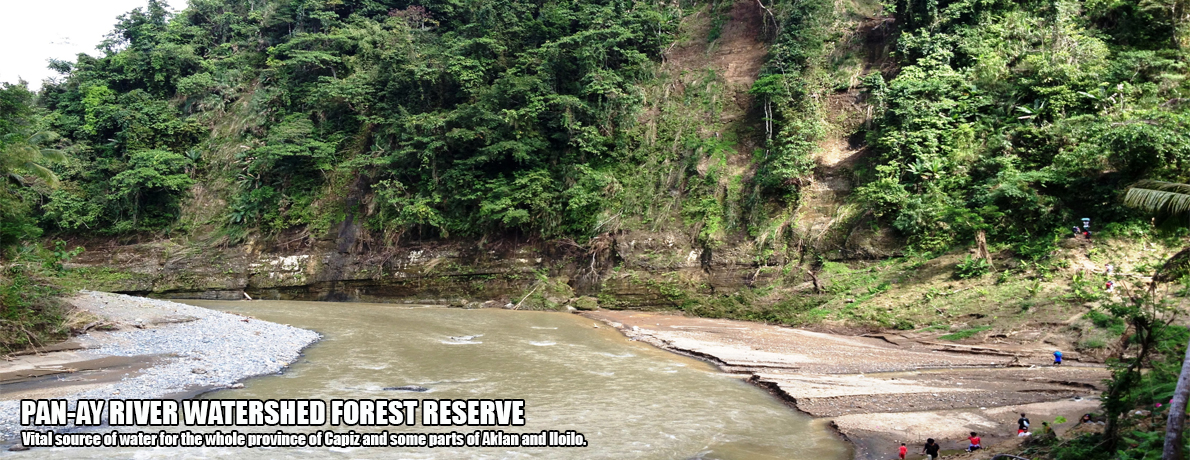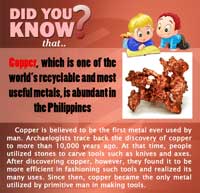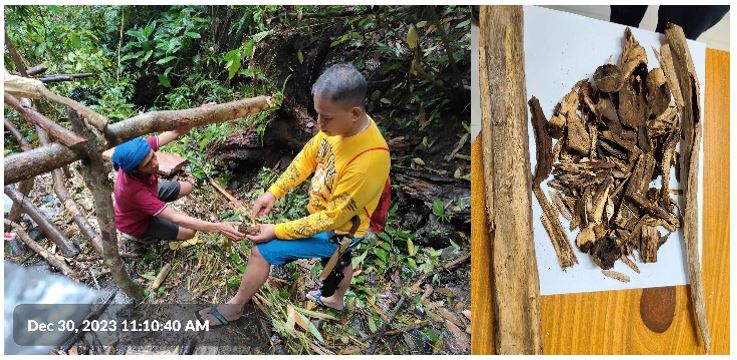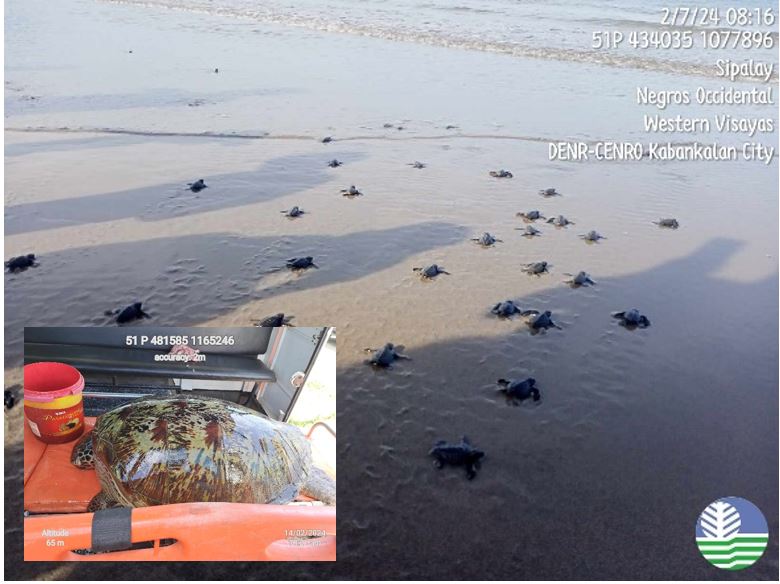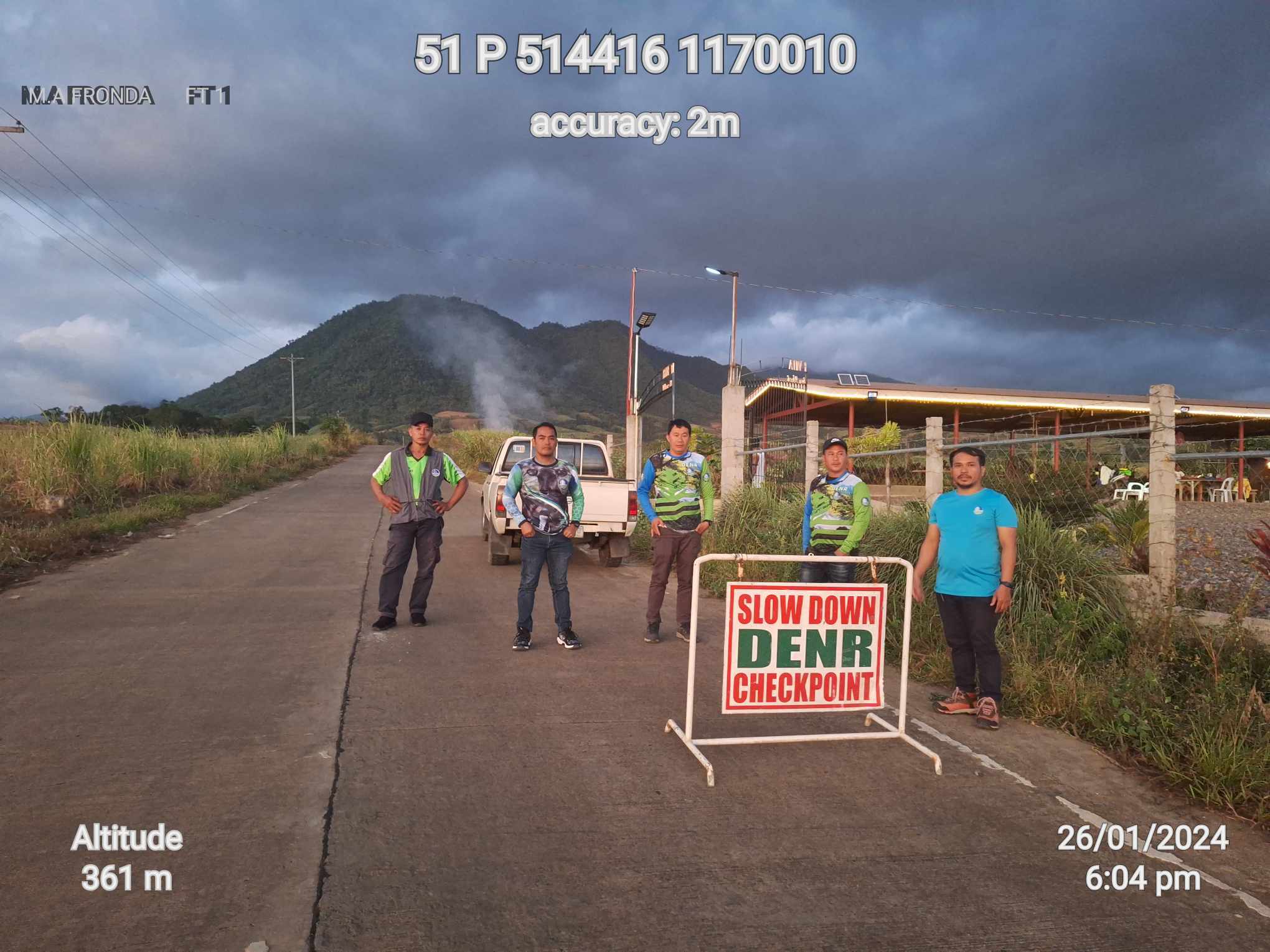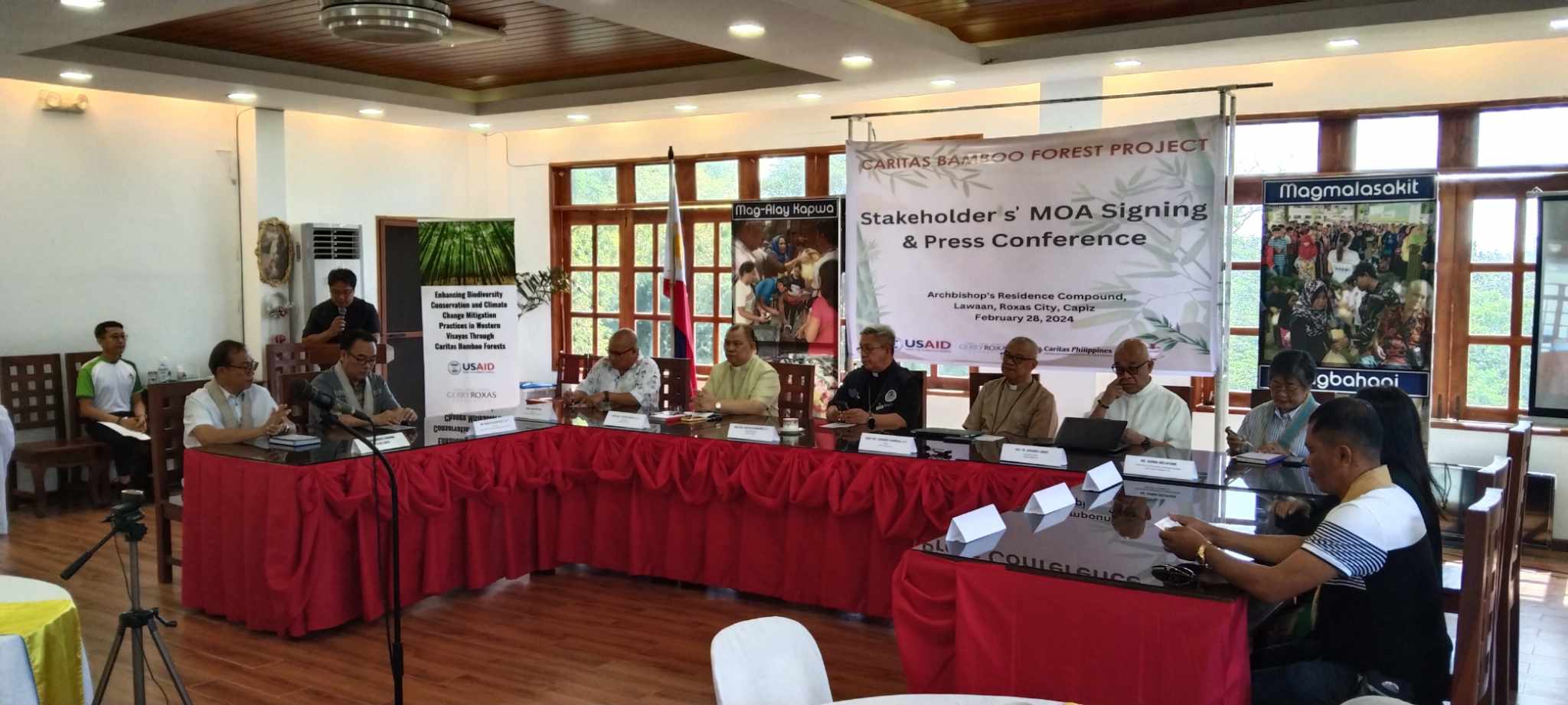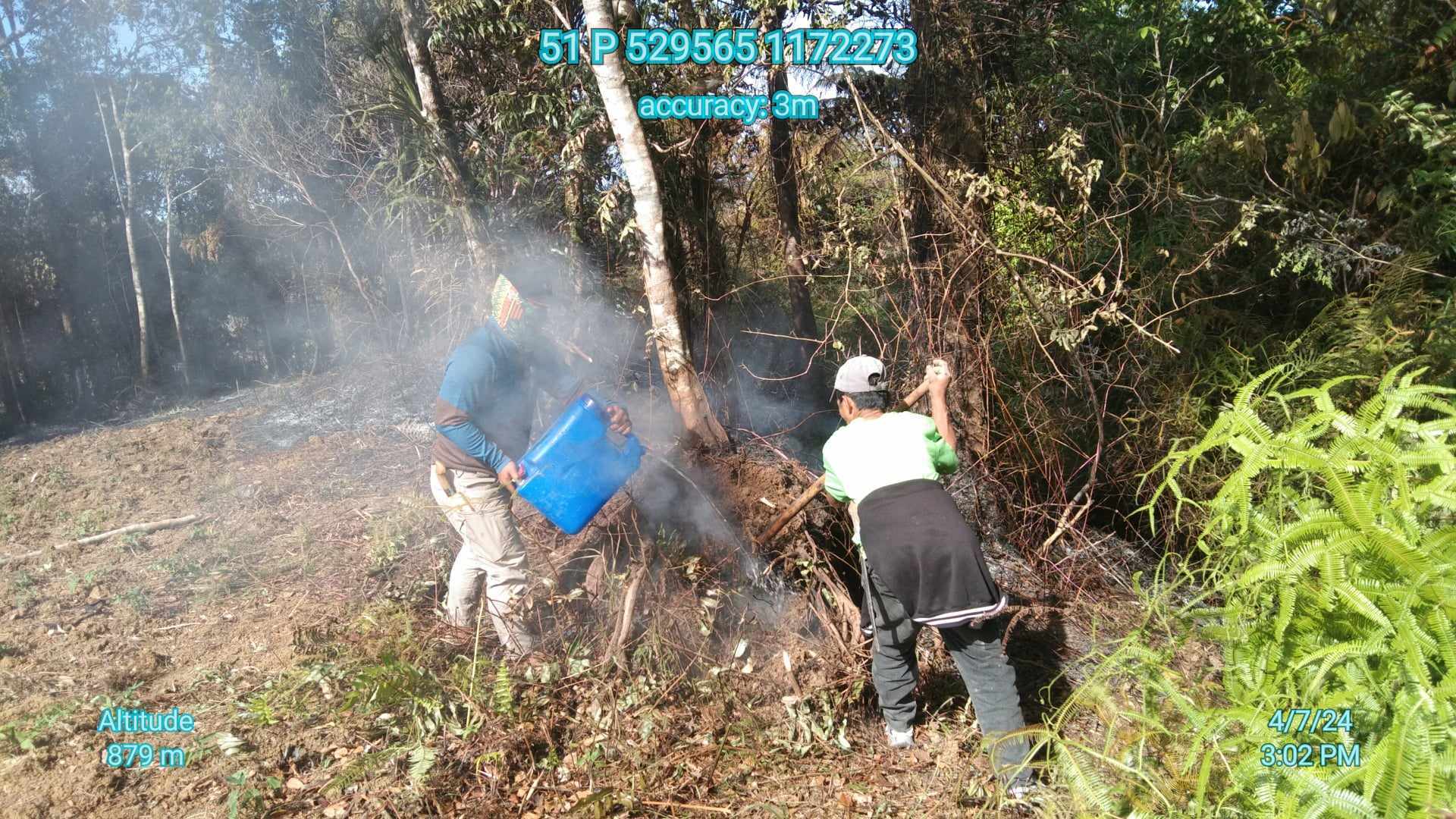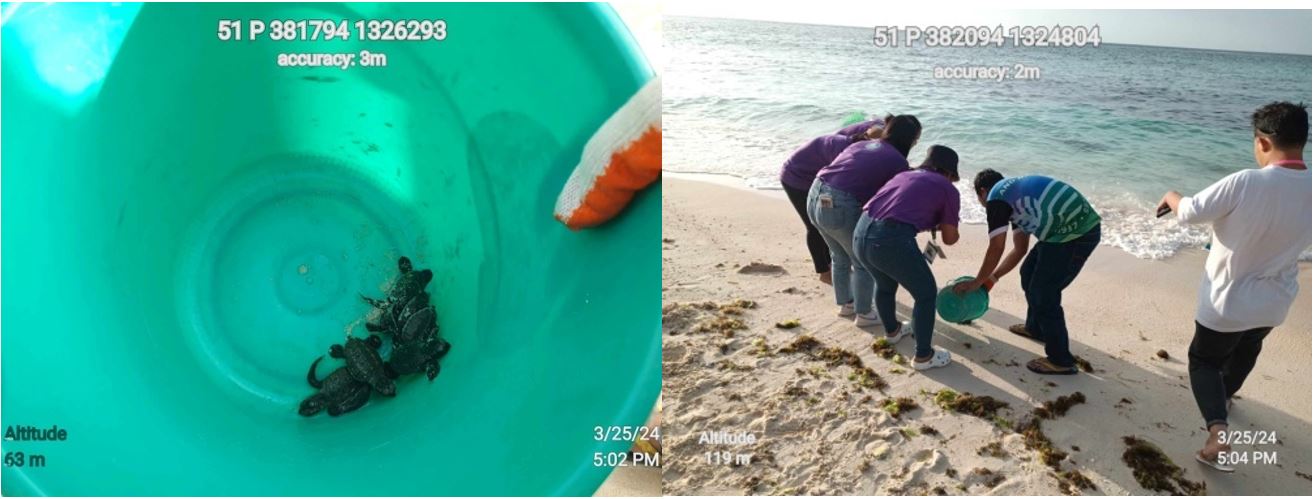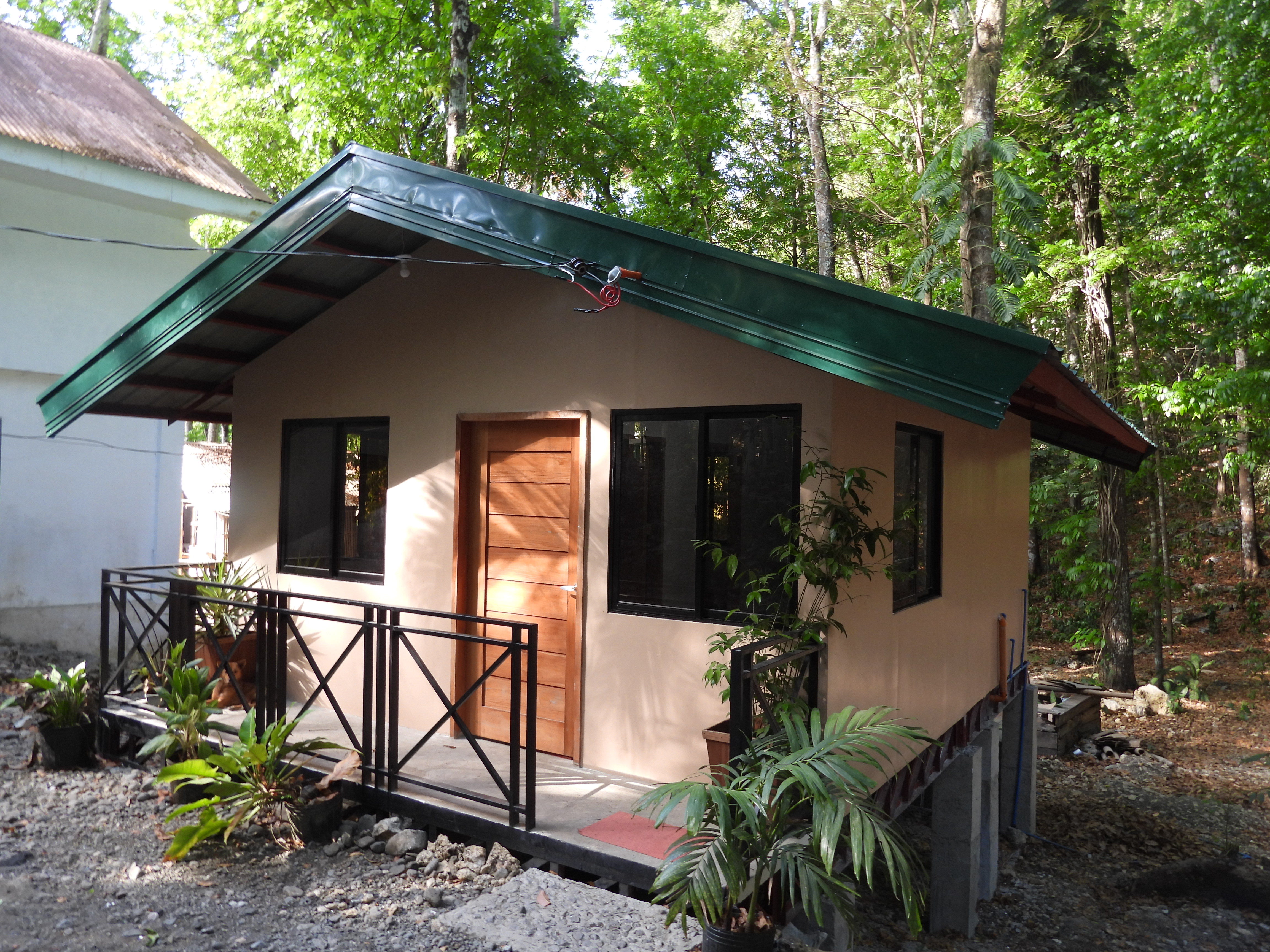The Department of Environment and Natural Resources (DENR) said the Philippines has made significant strides in complying with the Montreal Protocol, a 29-year-old global agreement to protect the ozone layer.
Finalized in 1987, the international treaty legally enforces the phase-out of the production and use of ozone-depleting substances (ODS) or chemicals often used in refrigeration, air-conditioning, foam manufacturing, aerosol production, and fire extinguishing.
"The Philippines has so far been successful in complying with the agreement having phased out all ODS, except for hydrofluorocarbons (HFCs), in 2010," DENR Undersecretary for Legal Services and Attached Agencies Analiza Rebuelta Teh said in a report read on her behalf during a forum held in Quezon City to mark the local celebration of the Ozone Day on Sept. 16.
Teh, who is the national coordinator for ODS program, said the country also began reducing the production and use of HFCs by 10 percent last year until the total ban of the last remaining ODS by 2040.
The Philippines signed the Montreal Protocol on Substances that Deplete the Ozone Layer on Sept. 14, 1988 and ratified it on March 21, 1991.
As a party to one of the most successful and effective environmental treaties ever, the country agreed to the gradual phase-out of ODS, particularly chlorofluorocarbons (CFCs) and hydrochlorofluorocarbons (HCFCs).
The Philippines imposed a ban on the importation of CFCs and HCFCs in 2010 and 2013, respectively.
In 1994, the Philippine Ozone Desk (POD) was created to facilitate and coordinate ODS phase-out projects and policies for the overall implementation of the country's obligations under the Montreal Protocol. The POD is under the Environmental Management Bureau, an attached agency of the DENR.
Since ODS are not produced in the Philippines, the focus of its regulation was on the import, processing, sale and disposal of such chemicals.
Over the years, the government has developed, implemented, and updated policies and regulations to regulate, restrict or prohibit the importation, manufacture, processing, sale, distribution, use and disposal of ODS.
A total of 93 ODS projects worth over US$38.8 million have also been approved by the protocol's Multilateral Fund, which contributed to the phase-out of 3,330 tons of ODS in the country.
As a result of the concerted efforts among nations, the ozone layer is healing itself and is expected to recover by the middle of the century.
The Montreal Protocol has significantly contributed to the mitigation of climate change as it prevented the emission of more than 135 billion tons of carbon dioxide into the atmosphere by simply phasing out ODS. ###

